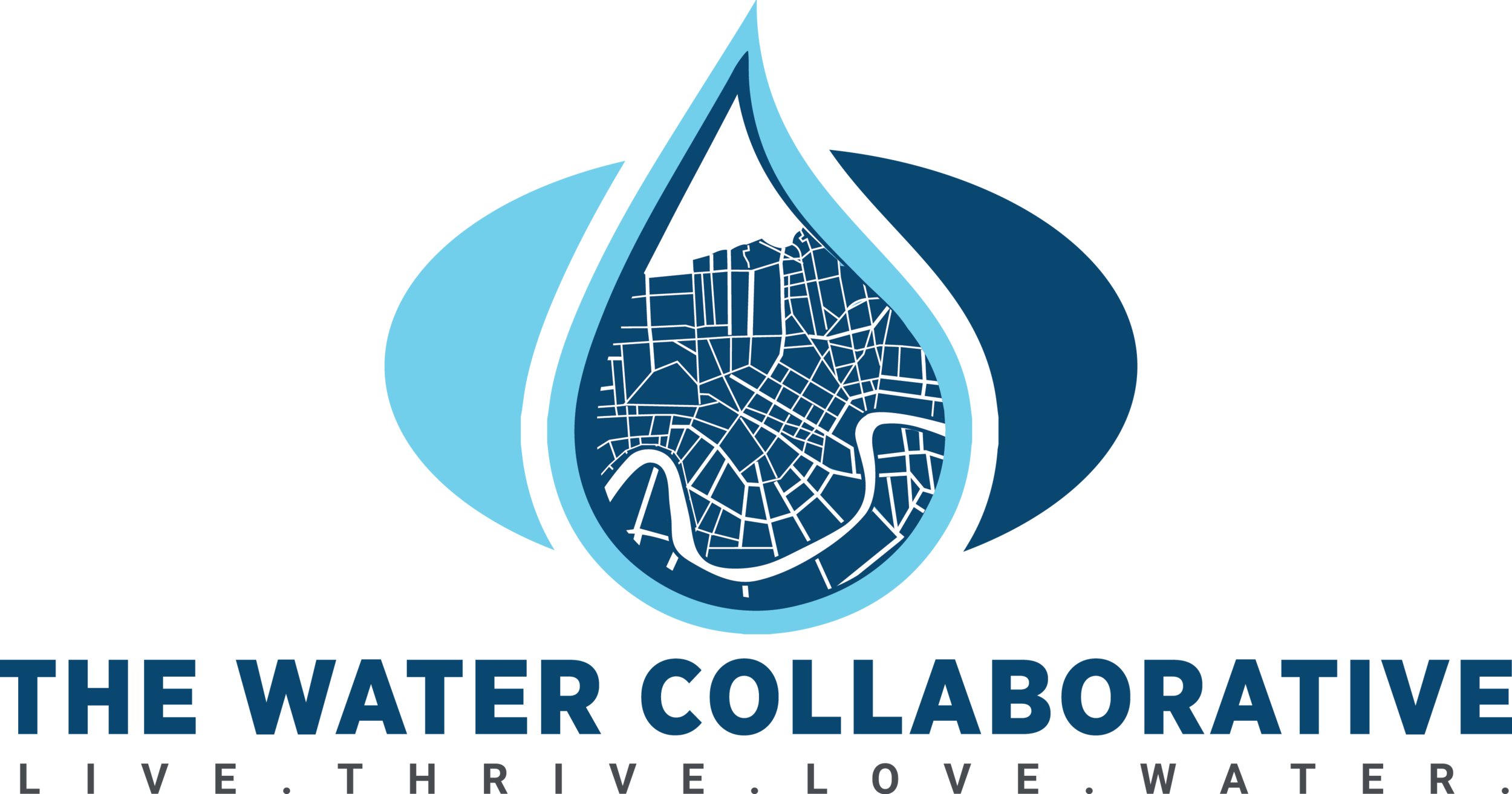Low Income Household Water Assistance Program Establishment Act
In 2021, the Low Income Household Water Assistance Program (LIHWAP) was established to aid households in paying their water bills and reduce shut-offs during the pandemic. This temporary initiative received $1.1 billion in funding from the American Rescue Plan Act and the Congressional Consolidated Appropriations Act, 2021. As of the end of 2023, the program had assisted over 1.6 million households nationwide, with Louisiana receiving $20.7 million to aid 47,546 households. However, funding for this critical program has been utilized and now requires congressional authorization for its continuation.
The conjuncted implementation of affordability programs in public water systems is crucial as they play a vital role in ensuring that essential services remain accessible to all. These programs not only alleviate the financial burden on low-income households but also contribute to societal equity by ensuring equal access to clean and safe water resources for all members of the community.
In late February 2024, U.S. Senator Alex Padilla (D-CA) introduced the Low Income Household Water Assistance Program Establishment Act to Congress, aiming to establish a permanent federal water assistance program. In light of the ongoing challenges surrounding water access and affordability, particularly for low-income and vulnerable communities, the establishment of such a program is crucial. This bill represents a significant step towards ensuring that all Americans have access to clean and affordable water, a fundamental necessity for long term health and well-being.
To learn more about the bill, you can view the one-pager, the section-by-section breakdown, or the full text.
Explore the LIHWAP dashboard for further insights.
The Office of Community Services released the LIWHAP Water Utility Affordability Survey Report, which analyzed 1,822 responses from water and wastewater utilities regarding outstanding payments, disconnections, fees, rates, and other related details.
